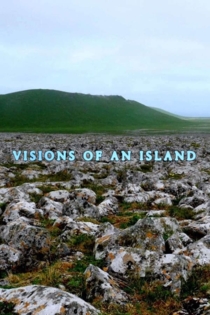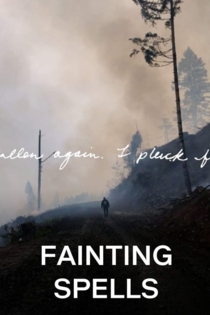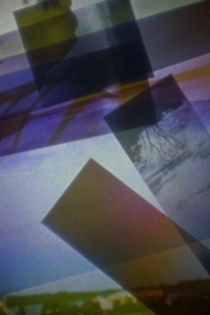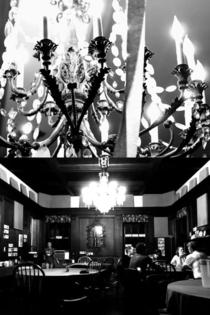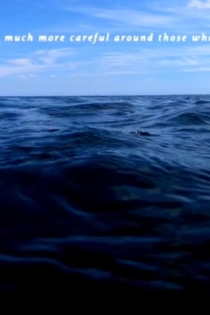
Sky Hopinka
1984 (42 года)maɬni – towards the ocean, towards the shore
Sky Hopinka
Jordan Mercier, Sweetwater Sahme
An experimental look at the origin of the death myth of the Chinookan people in the Pacific Northwest, following two people as they navigate their own relationships to the spirit world and a place in between life and death.
maɬni—towards the ocean, towards the shore
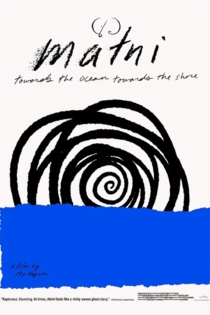
Dislocation Blues
Sky Hopinka
Cleo Keahna, Terry Running Wild
Filmed during the 2016 Standing Rock protests in South Dakota, Sky Hopinka's Dislocation Blues offers a portrait of the movement and its water protectors, refuting grand narratives and myth-making in favour of individual testimonials.
Dislocation Blues
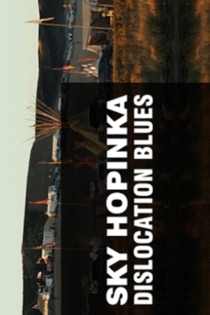
Jáaji Approx.
Sky Hopinka
Mike Hopinka
Against landscapes that the artist and his father traversed, audio of the father in the Ho-Chunk language is transcribed using the International Phonetic Alphabet, which tapers off, narrowing the distance between recorder and recordings, new and traditional, memory and song.
Jáaji Approx.
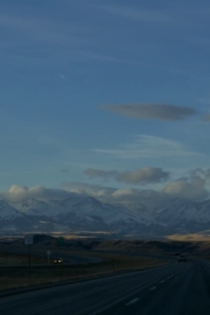
Ouroboros
Basma Alsharif
Neemah Abu Ghenas, Jessica Bellinger
This film is an homage to the Gaza Strip and to the possibility of hope beyond hopelessness. Ouroboros, the symbol of the snake eating its tail, is both end and beginning: death as regeneration. A 74-minute experimental narrative film that turns the destruction of Gaza into a story of heartbreak, Ouroboros asks what it means to be human when humanity has failed. Taking the form of a love story, the film's central character is Diego Marcon, a man who embarks on a circular journey to shed his pain only to experience it, again and again. In the course of a single day, his travel fuses together Native American territories, the ancient Italian city of Matera, a castle in Brittany, and the ruins of the Gaza Strip into a single landscape.
Ouroboros
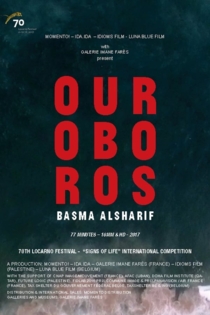
Wawa
Sky Hopinka
Featuring speakers of Chinuk Wawa, an Indigenous language from the Pacific Northwest, WAWA begins slowly, patterning various forms of documentary and ethnography. Quickly, the patterns tangle and become confused and commingled, while translating and transmuting ideas of cultural identity, language, and history.
Wawa
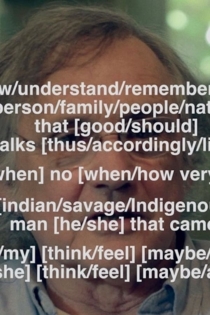
Cinetracts '20
Želimir Žilnik, Sheilah ReStack
A global portrait documenting the year's events, Cinetracts '20 features the work of an international lineup of 20 filmmakers. Capturing the zeitgeist in their own backyard, the artists' short films are the culmination of a year-long residency project.
Cinetracts '20
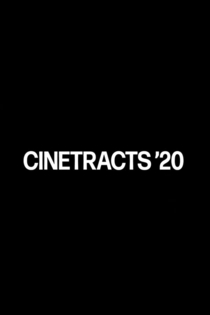
Anti-Objects, or Space Without Path or Boundary
Sky Hopinka
Greg Archuleta, Wilson Bobb
The title of this video, taken from the texts of the architect Kengo Kuma, suggests a way of looking at everything as “interconnected and intertwined” - such as the historical and the present and the tool and the artifact. Images and representations of two structures in the Portland Metropolitan Area that have direct and complicated connections to the Chinookan people who inhabit(ed) the land are woven with audio tapes of one of the last speakers of chinuk wawa, the Chinookan creole. These localities of matter resist their reduction into objects, and call anew for space and time given to wandering as a deliberate act, and the empowerment of shared utility.
Anti-Objects, or Space Without Path or Boundary
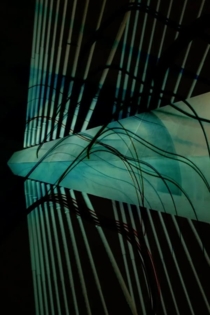
Kunįkága Remembers Red Banks, Kunįkága Remembers the Welcome Song
Sky Hopinka
The video traverses the history and the memory of a place shared by both the Ho-Chunk and the settler. Red Banks, a pre-contact Ho-Chunk village site near present day Green Bay, WI was also the site of Jean Nicolet’s landing, who in 1634 was the first European what is today Wisconsin. Images and text are used to explore this space alongside my grandmother’s recollections. Each serve as representations of personal and shared memory, as well as representations of practices and processes of remembrance.
Kunįkága Remembers Red Banks, Kunįkága Remembers the Welcome Song
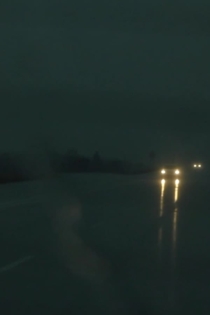
When You're Lost in the Rain
Sky Hopinka
In this video drawing from Bob Dylan's song "Just Like Tom Thumb's Blues," layers of experiences circling loss and longing are overlaid between images of landscapes and movement. In the song, a stranger's listlessness and exhaustion are woven through and around Juarez, Mexico, and so, too, are these stories woven around original discontent and uncertainty as they move through an uneasy negotiation with the strangeness of the American pioneer spirit.
When you're lost in the rain
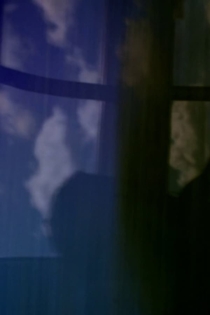
I'll Remember You as You Were, Not as What You'll Become
Sky Hopinka
Texts and performances by the late Indigenous poet Diane Burns bind Sky Hopinka’s dazzling and mysterious blend of original and found sources, which continues the filmmaker’s exploration of language, storytelling, and transcendent ways of seeing.
I'll Remember You as You Were, Not as What You'll Become
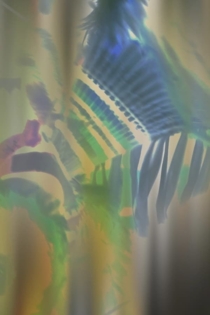
Visions of an Island
Sky Hopinka
An Unangam Tunuu elder describes cliffs and summits, drifting birds, and deserted shores. A group of students and teachers play and invent games revitalizing their language. A visitor wanders in a quixotic chronicling of earthly and supernal terrain. These visions offer glimpses of an island in the center of the Bering Sea.
Visions of an Island
